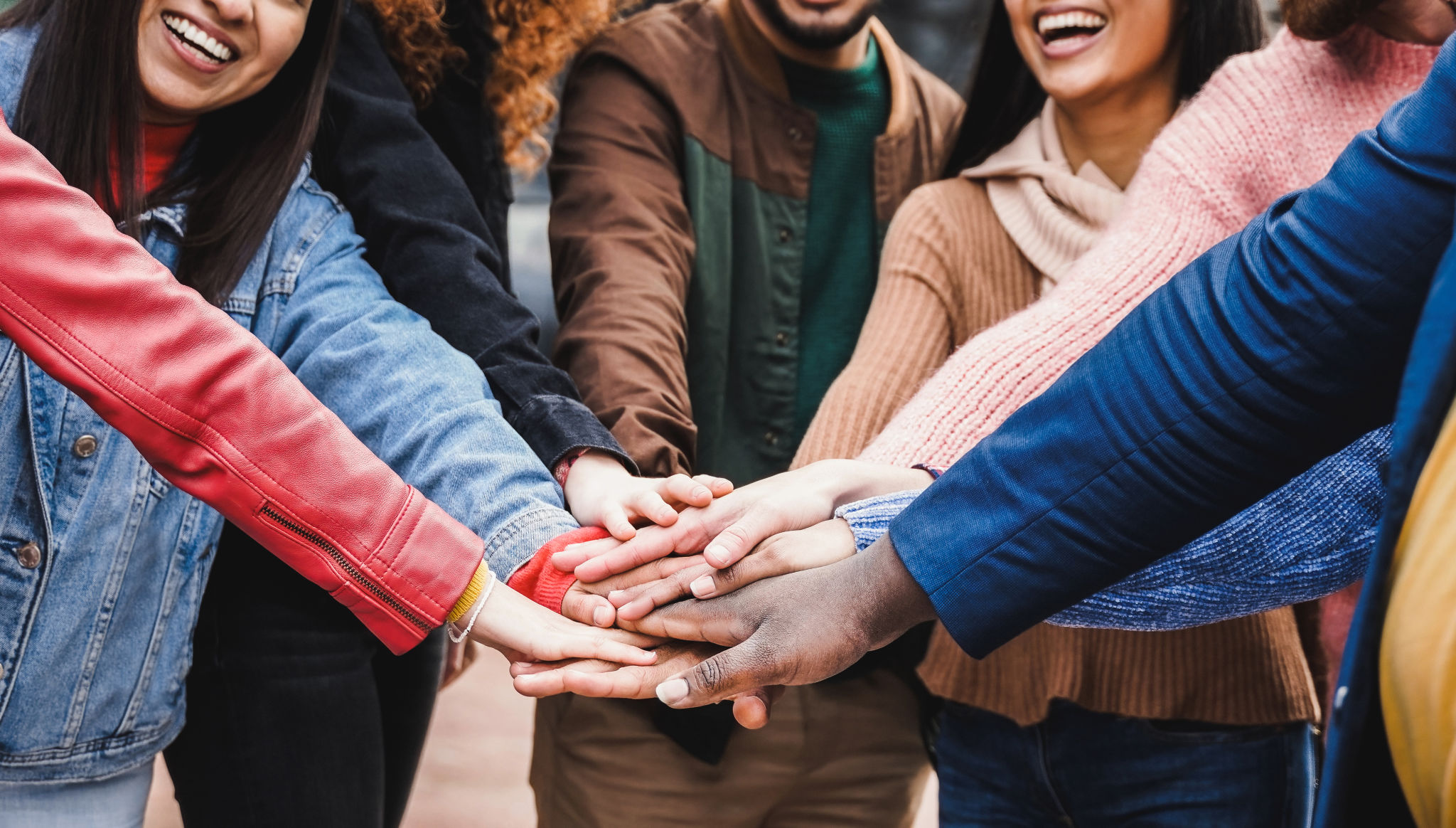Common Misconceptions About Indigenous Rights and Their Impact
Understanding Indigenous Rights
Indigenous rights are often misunderstood, leading to widespread misconceptions that can have significant consequences for Indigenous communities. These rights are crucial for the preservation of cultural heritage, land, and self-determination. It's essential to address these misconceptions to foster a more inclusive and equitable society.

Misconception: Indigenous Rights Are Special Privileges
One common misconception is that Indigenous rights are special privileges granted to Indigenous peoples. In reality, these rights are rooted in historical treaties and agreements that recognize Indigenous peoples as the original inhabitants of their lands. They are not privileges but rather a form of legal recognition and respect for their sovereignty and cultural identity.
Misconception: All Indigenous Peoples Have the Same Rights
Another misconception is that all Indigenous peoples share the same rights. However, Indigenous communities are diverse, with unique cultures, languages, and legal statuses. Consequently, their rights can vary significantly based on treaties, laws, and geographical locations. Understanding these differences is crucial for respecting each community's specific needs and aspirations.

The Impact of Misconceptions
These misconceptions can have a detrimental impact on Indigenous communities. They often lead to policies and attitudes that undermine Indigenous sovereignty and self-determination. Moreover, they can perpetuate stereotypes and biases that hinder meaningful dialogue and progress toward reconciliation.
Legal and Social Implications
The misunderstanding of Indigenous rights can result in inadequate legal protections and social policies. For instance, when governments or corporations fail to recognize Indigenous land rights, it can lead to unlawful land acquisition and exploitation. This not only harms the environment but also disrupts the social fabric of Indigenous communities.

Promoting Awareness and Education
To combat these misconceptions, education and awareness are vital. By promoting a better understanding of Indigenous rights through educational programs, media representation, and public discourse, society can work towards dismantling harmful stereotypes and building respectful relationships with Indigenous peoples.
Steps Toward Reconciliation
Reconciliation requires acknowledging past injustices and committing to meaningful change. This includes respecting Indigenous rights, promoting their voices in decision-making processes, and supporting initiatives that strengthen their communities. Governments, organizations, and individuals all play a role in this journey toward equity and justice.
Conclusion
Addressing misconceptions about Indigenous rights is essential for fostering a more inclusive society. Understanding the distinction between rights and privileges, recognizing diversity among Indigenous peoples, and promoting education are critical steps in supporting Indigenous communities. By doing so, we can help create a future where Indigenous rights are respected and upheld for generations to come.
